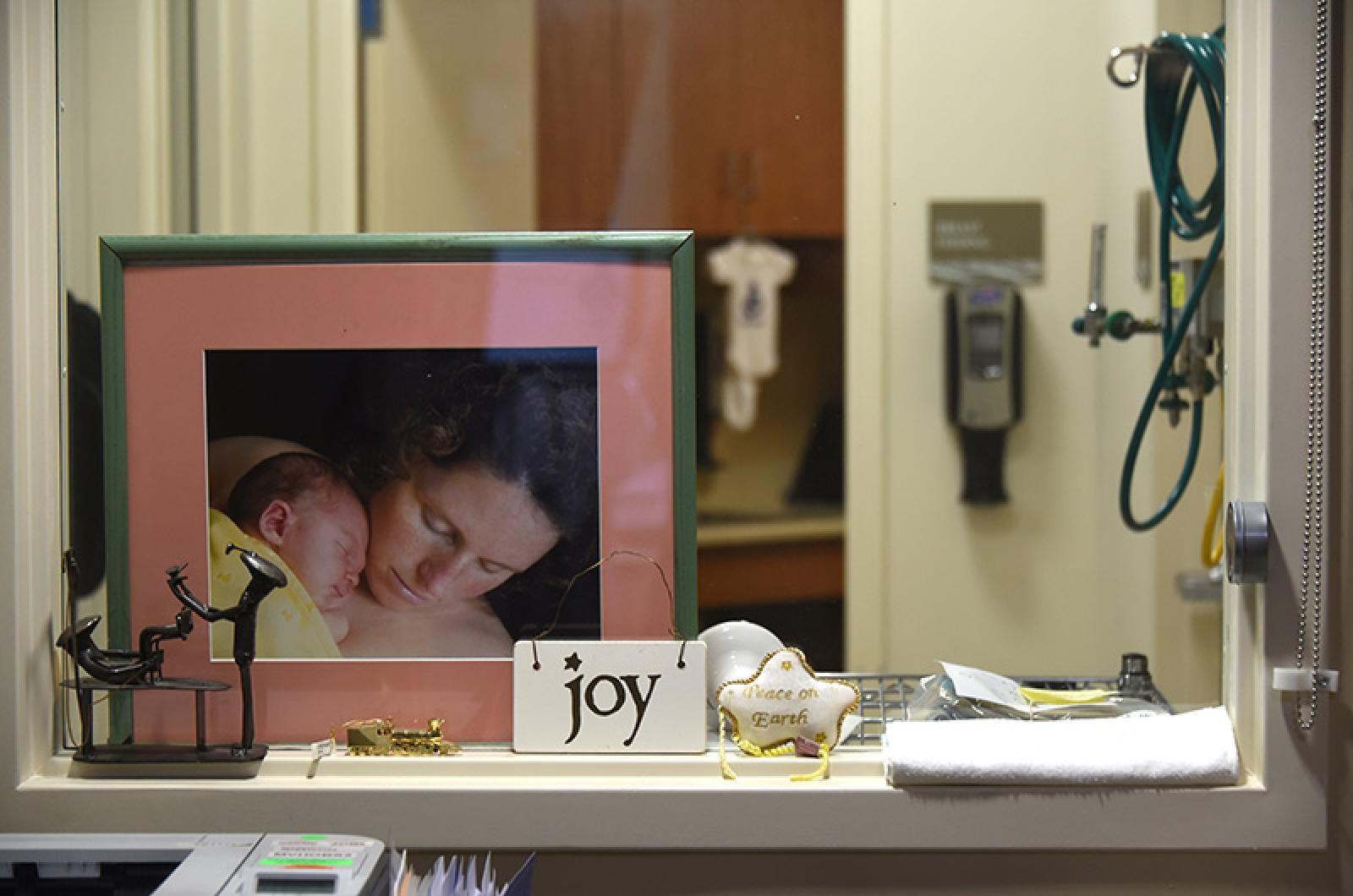A yes vote on Question 1 will dramatically improve patient safety in Massachusetts hospitals by setting a maximum limit on the number of patients assigned to an RN at one time, while providing flexibility to adjust patient assignments based on specific patient needs. Today in Massachusetts hospitals, except for in ICUs, there is no law and no limit to the number of patients that can be assigned to a nurse at one time. Studies have shown that higher patient assignments are associated with more patient deaths, costly complications, medical errors and readmissions. In Massachusetts it is not uncommon for a nurse to be assigned twice as many patients as they can safely care for at one time. Those unsafe assignments were a contributing factor as to why I retired seven years ago.
The opposition TV ads are full of misconceptions and untruths designed to confuse the public and scare people into voting against the ballot question. The proposed safe patient limits are unit based and are not rigid or one size fits all, as stated by the opposition. The maximum patient assignments range from one patient per RN if under anesthesia in the operating/recovery room and up to five patients per RN on a rehab or psychiatric unit. They claim that passing Question 1 would take away a nurse’s judgment at the bedside but this is far from the truth. Nursing judgment can still be exercised and a patient load can be adjusted down if one of the nurse’s assigned patients becomes clinically unstable and needs closer observation. In fact, assignments can be adjusted for any reason as long as they don’t exceed the maximum limit, as outlined in the law, for that particular unit. Opponents also try to characterize Question 1 as a government mandate, but this too is a fallacy. Question 1 was developed based on findings from multiple scientific studies and is designed by clinical nurses, not legislators. The ads go on to say that they can’t afford to hire the additional RNs to meet the Question 1 nurse/patient ratios. Currently UMass Memorial in Leominster, Baystate, Franklin Medical Center, Massachusetts General Hospital, Brigham and Women’s Hospital, Dana Farber, Lahey Clinic Hospital, Fairview Hospital and Athol Memorial Hospital all meet the RN staffing required by Question 1, and all are still making a profit.
California has had safe patient limits for 14 years and has had none of the negative outcomes that our opposition has presented in their ads. Patient outcomes have improved, ER wait times have shortened, no ER had to stop accepting patients, no hospitals were forced to shut down, no layoffs of non-nurse employees occurred, and many nurses that had left the bedside due to unsafe staffing concerns have returned to nursing. In fact, RNs from other states have moved to California to work in the safer environment. The nine current Massachusetts hospitals, mentioned previously that already meet Question 1 staffing standards, have had no such issues either.
On Nov. 6 we have a chance to send a clear message that patient safety matters. A recent poll shows that 86 per cent of nurses in Massachusetts support Question 1, but the Massachusetts Health & Hospital Association, the American Nurses Association of Massachusetts, and Nurse Executives of Massachusetts are aligning to maintain the status quo of continued unsafe conditions for patients and nurses. They have already spent about $12 million on ads.
If you have seen the ads you probably have noticed that they do not offer any solutions. All they offer is unsubstantiated claims designed to mislead and misinform you.
The opponents of Question 1 are hoping that at least 51 per cent of the voters are not smart enough to see through their scare tactics. We hope that you do look past the claims and see the real picture: that Question 1 will make every hospital safer for you and your loved ones if you ever need to be treated in a Massachusetts hospital.
Rick Lambos is a retired registered nurse who lives in Edgartown.







Comments
Comment policy »